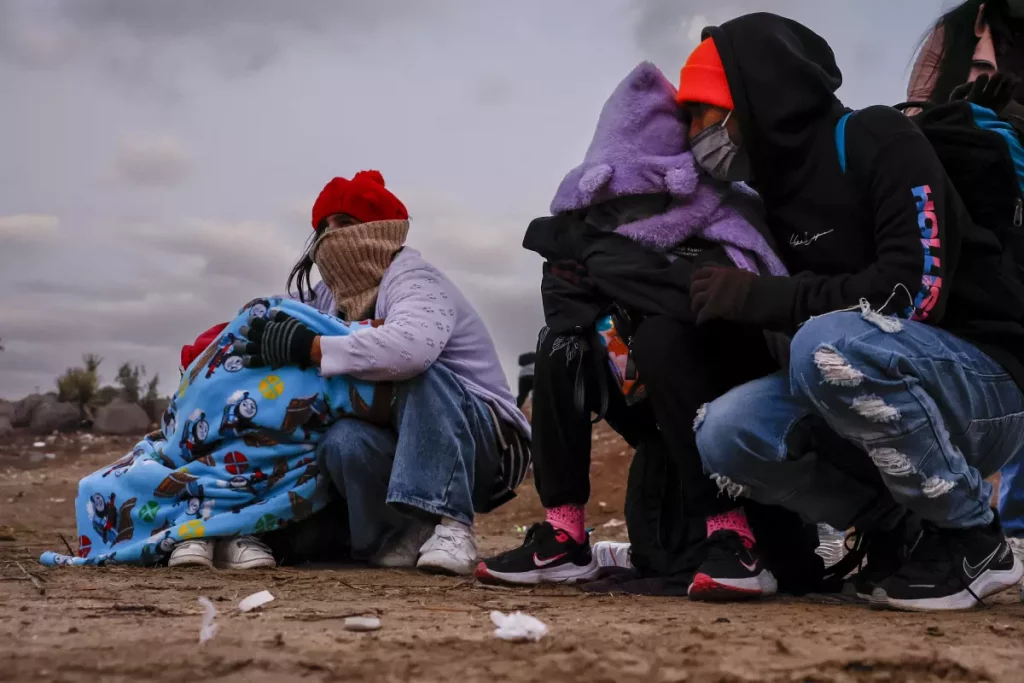Migrants living in the United States are facing serious skin health problems caused by their experiences before, during, and after migration. These issues include infections, skin inflammation, wounds, and other painful conditions. A new study has highlighted how the migrant journey, poor living conditions, and tough jobs can all affect their skin health.
The research team studied 87 articles from the years 2000 to 2022, covering more than 12,000 migrants in the US and its territories. These articles used different ways to collect information such as reviewing medical records, interviews, and surveys. Most of the studies were done in North Carolina, California, and New York, focusing on migrants from Mexico, Guatemala, and Vietnam.
The study found that more than half of the migrants had skin infections, making it the most common issue. This was followed by inflammatory skin problems, wounds, pigment changes, and skin tumors. Migrants also suffered from rare infections such as leprosy, scabies, mycetoma, and others, often caused by poor sanitation or infected water and soil during their travels.
Migrant workers in farming, nail salons, and meat processing factories also face daily risks that harm their skin. These jobs often expose them to harsh chemicals, dirt, and unsafe working conditions. Many of them develop contact dermatitis, skin rashes, and irritation due to frequent handwashing, strong cleaning products, or insect exposure.
The study pointed out that many migrants cannot get proper healthcare. Some are afraid of seeking help because of their immigration status. Others don’t have health insurance or face language barriers. This makes it hard for them to visit doctors, especially for skin issues that may seem small but can get worse over time.
Researchers believe that educating both healthcare workers and migrants can help improve skin care. Doctors need to learn more about skin diseases common in migrants, while migrants should be taught how to protect their skin and when to seek medical help. These small steps can make a big difference in their health and quality of life.
The authors also said that more research is needed on the skin health of women, children, and migrants from other countries. There is also a need for studies on the effects of different jobs and better policies to help migrants access healthcare without fear or stress.
Even though the study focused mostly on a few states and a few groups of people, it clearly shows that migrants in the US face serious skin health challenges. With better support, information, and access to care, many of these problems can be reduced or even prevented.

